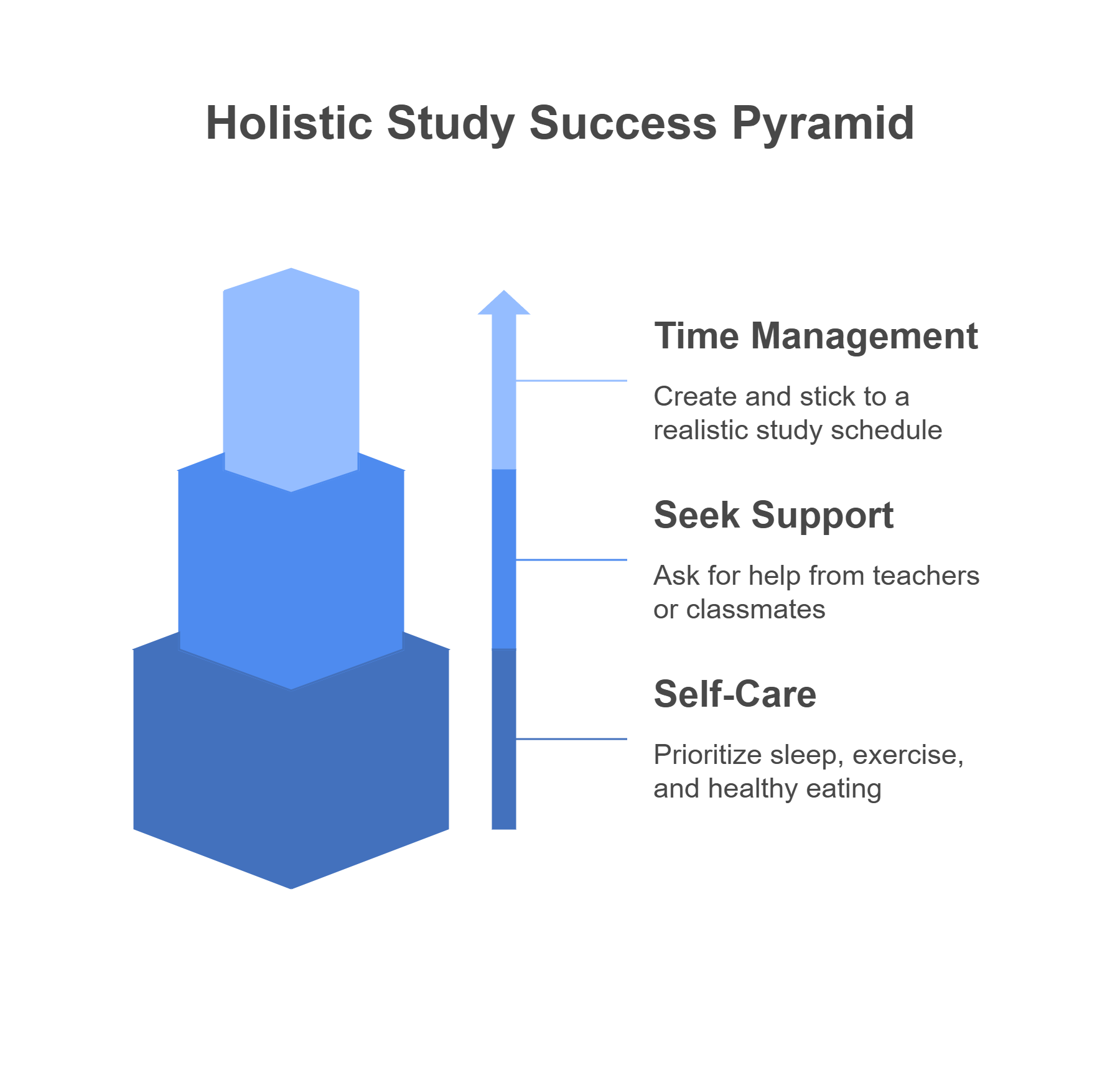Dive into your passions: Think about what truly fascinates you. What topics make you curious or excited to learn more? These are great starting points.
Talk it over with teachers: Run your ideas by your subject teachers. They can help you figure out if your topic is realistic and has enough depth.
Narrow it down: Shape your idea into a focused research question. It should be clear, answerable through investigation, and allow for thoughtful analysis.
Cracking the Code: Subject-Specific Strategies
Let’s dive into the nitty-gritty, exploring how to conquer each subject area:
Higher Level Sciences (Biology, Chemistry, Physics)
The sciences are about more than memorization. They demand a deep understanding of concepts and the ability to apply them. Practice past papers religiously, focusing on understanding the mark schemes. Build a strong foundation in the core concepts early on – you can't build a house on sand. Laboratory work is crucial; treat every experiment like a mini-research project, meticulously documenting your observations and analysis.
Mathematics
Mathematics in the IB is a marathon, not a sprint. Consistent practice is key. Don't just passively read through examples; actively work through problems. Identify your weak areas and dedicate extra time to them. And remember, the IA is your chance to shine – choose a topic you're genuinely interested in and delve deep.
Languages and Literature
Immerse yourself in the world of words. Engage with the texts on multiple levels: analyze the author's craft, explore different interpretations, and form your own opinions. For literature, practice close reading and develop strong analytical skills. For language acquisition, focus on fluency and accuracy, immersing yourself in the language through conversation, movies, and music.
Individuals and Societies (History, Economics, Geography)
These subjects require critical thinking and the ability to analyze complex information. Develop strong essay writing skills, focusing on constructing well-supported arguments. Use diverse sources to broaden your perspectives and deepen your understanding. For history, focus on different historical interpretations and build a strong narrative. In economics, diagrams are your best friend – use them to illustrate and explain complex concepts.
Electives (Visual Arts, Music, Theatre)
Electives often get overlooked in the grand scheme of IB, but they hold equal weight. For arts subjects, it’s about showcasing your creativity and developing a personal voice. Document your process meticulously, reflecting on your artistic choices. Engage with the work of other artists, exploring different styles and techniques.
The Extended Essay and Theory of Knowledge (TOK)
The EE and TOK can significantly impact your final score. For the EE, choose a topic that genuinely sparks your interest and allows you to delve into in-depth research. For TOK, cultivate critical thinking skills, questioning assumptions and exploring different perspectives. Engage in thoughtful discussions and develop the ability to articulate complex ideas.
Beyond the Books: Holistic Strategies
- Time Management is King: Create a realistic study schedule and stick to it. Break down large tasks into smaller, manageable chunks.
- Seek Support: Don't be afraid to ask for help from teachers, tutors, or classmates. Collaborating with peers can be invaluable.
- Self-Care is Non-Negotiable: Burning out is a real threat. Prioritize sleep, exercise, and healthy eating. Take breaks and engage in activities you enjoy.

Conclusion: Your 45 Awaits
Scoring a 45 in the IB is a challenging but achievable goal. It demands dedication, strategic planning, and a subject-specific approach. Remember, it's not just about the grades; it’s about the journey of learning and growth. Embrace the challenge, stay focused, and celebrate your progress along the way. Your 45 awaits.
















